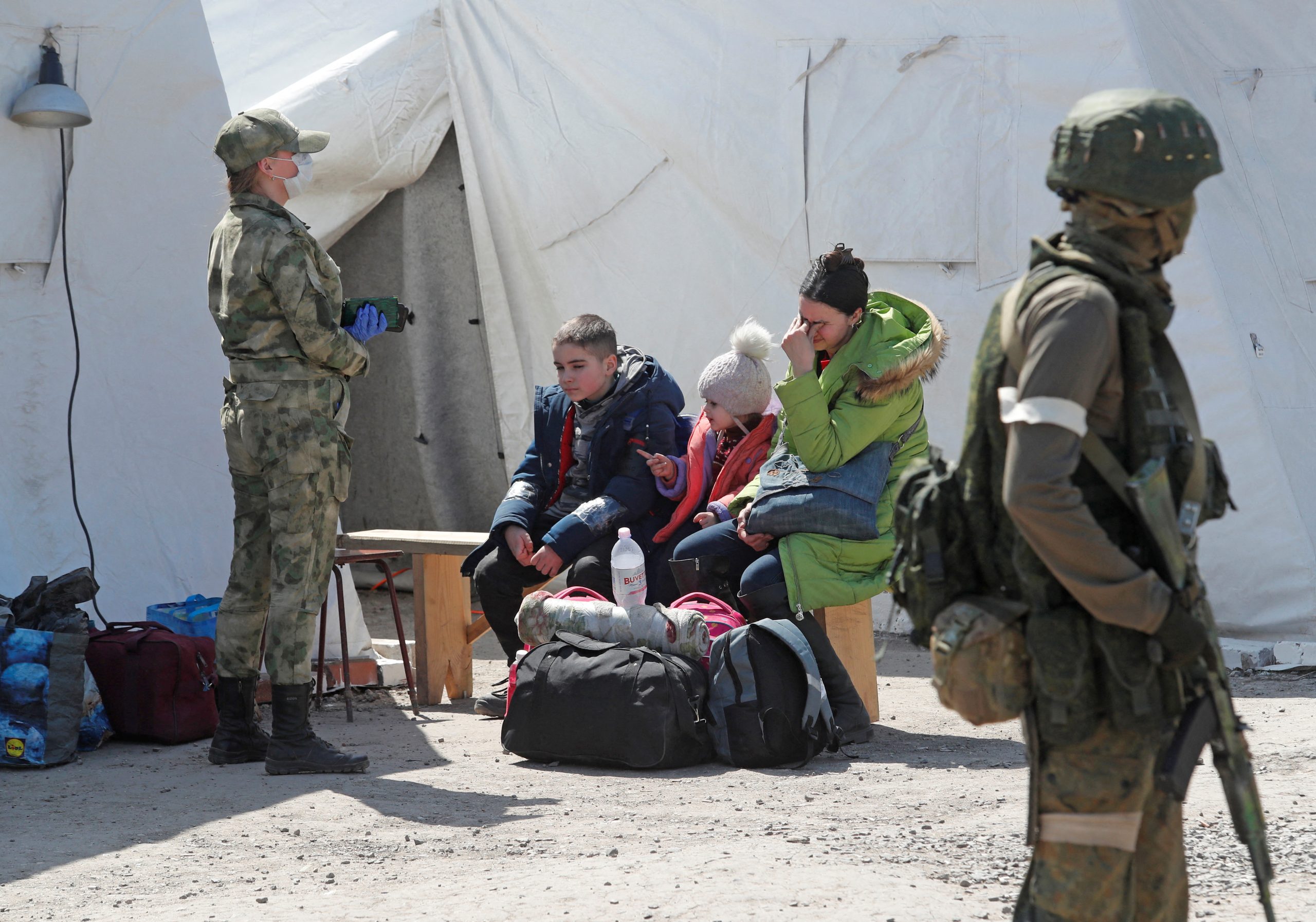
Chris Lange, FISM News
[elfsight_social_share_buttons id=”1″]
Energy ministers in the European Union are meeting today to discuss Russia’s decision to cut gas supplies to NATO members Bulgaria and Poland.
The European Commission, meanwhile, will debate plans to slap Moscow with a sixth round of sanctions over its war on Ukraine. Countries in the 27-nation-bloc that are most dependent on Russian energy, including Hungary and Slovakia, are hesitant to add tougher sanctions.
Germany, another country that has relied heavily on Russian oil, now says it can weather the loss, though it will be challenging. Germany has already reduced its reliance on Russian energy to 12%, down from 35% before the war. German Economy Minister Robert Habeck said the country is bracing for price hikes and fuel shortages but doesn’t anticipate “slipping into an oil crisis.” Habeck acknowledged that other countries may not yet be able to fully wean themselves off of Russian energy, adding, “and I think that needs to be respected.”
European countries last week accused the Kremlin of engaging in “blackmail” after Russian energy giant Gazprom announced its decision to cut supplies to Bulgaria and Poland for refusing to pay in rubles. Russian President Vladimir Putin has demanded that “unfriendly” countries start paying for gas in the Russian currency; however, most EU countries refuse to do so since it would essentially help Moscow evade economic sanctions.
While the Kremlin undoubtedly possesses retaliatory leverage over European countries that support Ukraine, in terms of energy, a decision to cut off exports to other Ukraine-friendly nations would mean the loss of the $400 million per day, representing a significant hit to Moscow’s already dwindling coffers.
Elsewhere, roughly 100 civilians trapped for nearly two months in a Mariupol steel factory in Ukraine were evacuated Sunday, and another rescue effort is set to take place today. The site is the last holdout in the southern port city that has endured some of the worst suffering in the war.
Russia to abandon ISS
Moscow is following through on its threat to pull Russian astronauts out of the International Space Station (ISS) in retaliation for international sanctions.
“The decision has been taken already, we’re not obliged to talk about it publicly,” said general director Dmitry Rogozin, the head of Russian space agency Roscosmos, according to Bloomberg, citing state media.
“I can say this only — in accordance with our obligations, we’ll inform our partners about the end of our work on the ISS with a year’s notice,” he added.
Rogozin previously threatened to withdraw from the ISS in February following President Biden’s announcement that the U.S. would sanction major Russian banks and place export controls on Russia to curtail high-tech imports.
“If you block cooperation with us, who will save the International Space Station (ISS) from an uncontrolled deorbit and fall into the United States or…Europe?” Rogozin tweeted at the time, according to the report.
NASA, however, said it will continue to operate the space station through 2030.
Congressional delegation makes surprise visit to Kyiv
Congress is expected this week to debate additional spending on military aid to Ukraine on the heels of Sunday’s unannounced trip to Kyiv by House Speaker Nancy Pelosi and other lawmakers. The group is the first official congressional delegation to meet with Ukrainian President Volodymyr Zelenskyy since the war began in February.
Aid to Ukraine has thus far been met with overwhelming bipartisan approval. GOP members, however, are saying they will not approve an aid package tied to the Biden administration’s COVID-19 budget unless it reverses its decision to lift Title 42 later this month. Republicans have said that the Democrats know they won’t approve a combined budget request but may push for a vote with the intention of painting the GOP as anti-Ukraine ahead of the November midterm elections.
